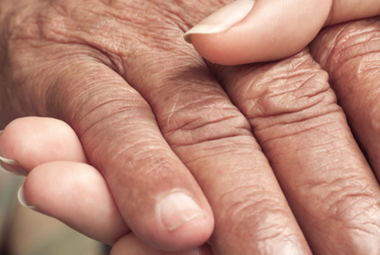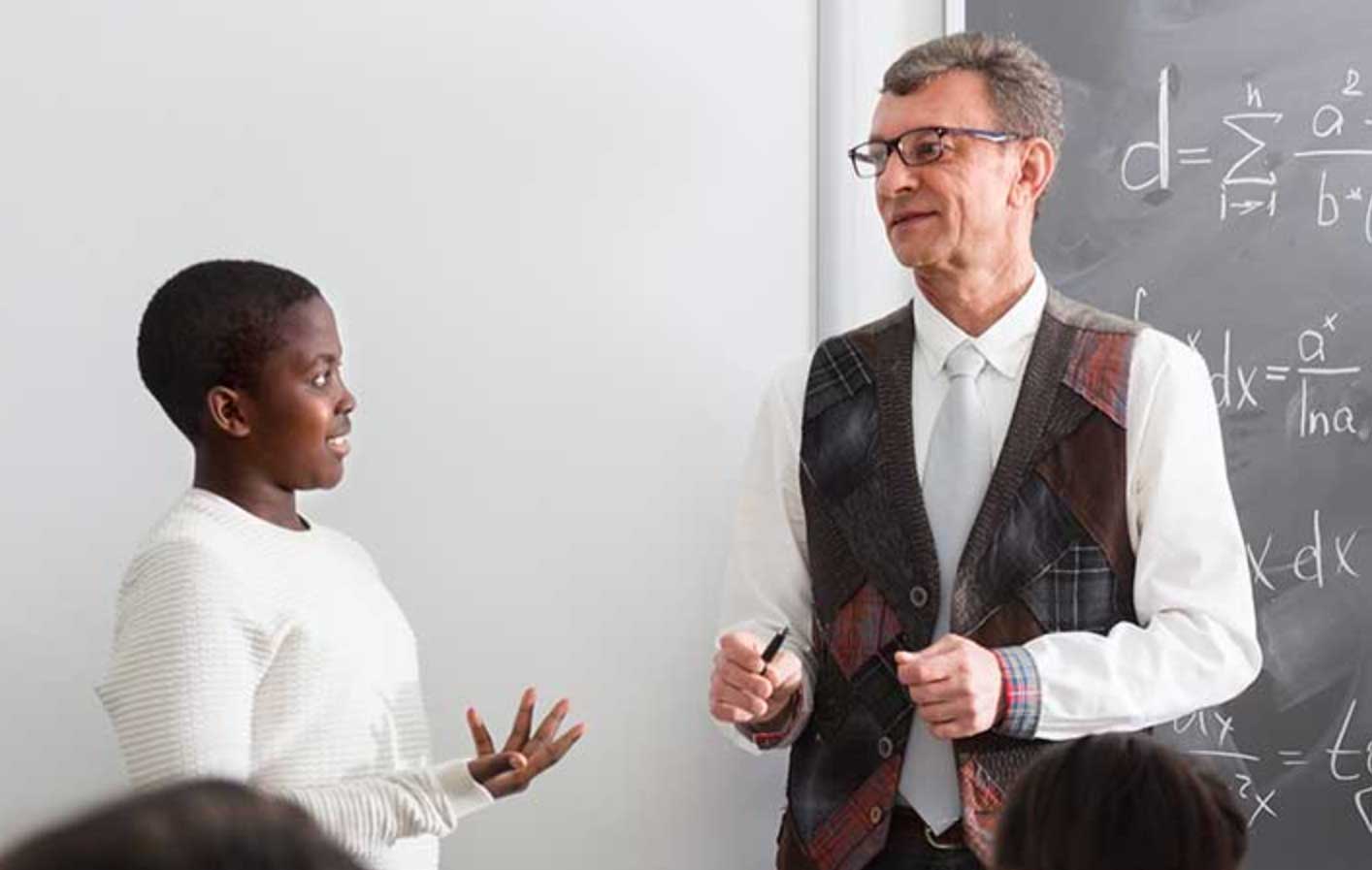Practitioner involvement
Several of our researchers focus on research around the professional identities and practices of practitioners working in the following areas: carers and caring; contemporary youth cultures; nursing; language learning; and social work. Their research often includes participatory and co-production. There is a focus of work held in the Centre for Literacy and Social Justice, which supports a national network of school-based practitioners in Reading for Pleasure, and provides an evidence base for higher education pedagogies through PRAXIS - the Centre for Scholarship and Innovation. Our researchers based in Wales contribute to the implementation of the Welsh national curriculum through training new teachers as researchers and roles within Welsh collaborative research networks.
Centres
Groups

The Carers Research Group
The Carers Research Group was established in light of the growth in recognition of carers, their needs and the importance of supporting them. The group's interdisciplinary members collaborate on a wide range of carer-related scholarship and research projects, publications and resources.

The Contemporary Youth Cultures and Transitions Research Group
The Contemporary Youth Cultures and Transitions Research Group (CYCaT) brings together academic researchers – working across and between the boundaries of criminology, human geography, psychology, sociology, and education studies – alongside practitioners and youth activists.

The Carer Research and Knowledge Exchange Network
The Carer Research and Knowledge Exchange Network (CAREN) develops and provides knowledge exchange resources for all those across the globe who require any form of carer-related knowledge.

Lifelong Learning in Further and Higher Education Research Group (LiFHE)
The Lifelong Learning in Further and Higher Education (LiFHE) research group have a specific focus on all aspects of teaching, learning, researching and working in Further, Adult, Community, Higher Education and Lifelong Learning.

Mathematical Resilience
Mathematical resilience refers to the attitudes and behaviours which together enable people to learn mathematics in a psychologically healthy way. Teaching for mathematical resilience is a challenge to rebalance planning and actions as teachers, and others such as coaches or parents, in order to promote a psychologically healthy mathematics learning environment. Helping learners to become more mathematically resilient requires the application of positive psychology to teaching mathematics. The Open University's holds Cross-Faculty expertise about Mathematical Resilience and hosts annual events.

The Nursing Research Group
The Nursing Research Group's research focuses on professional education and continuing professional development, the quality and impact of nursing and healthcare provision, the experiences and perspectives of nurses, the multidisciplinary team and patients/service users, families and carers.

Open Languages Research Group
The Open Languages Research Group (OLRG) focuses on language learning and teaching in a range of contexts. The activity takes place in five main areas: technology-enhanced language learning, language learning, language teaching, intercultural competence, as well as education policy and practice.

The RUMPUS Research Group
The RUMPUS Research Group's key area of research is about how fun relates to learning and education.
The Social Work Research Group
The Social Work Research Group (SWRG) includes social workers and those with an interest in social work from across the four nations of the UK. Research covers a wide array of topics, including social work practice, social work education, and research with an international lens. An off shoot of the SWRG is the busy PhD/prof doc support group which is a supportive space for any staff currently undertaking, thinking of undertaking, or who have completed a PhD or professional doctorate.

ArDdysg Teacher Education Research Group
The ArDdysg Teacher Education Research Group at the Open University focuses on supporting evidence-informed practice in teacher education and professional learning. It brings together researchers with a range of educational research interests and experience. The group welcome opportunities to work with partners in schools, universities and the third sector, across Wales and further afield.
Research enquiries
For research enquiries email:
WELS-research-admin@open.ac.uk
For student and degree enquiries email:
WELS-student-enquiries@open.ac.uk
Events
SWIPA network symposium October 2025
Friday, October 10, 2025 - 09:00

